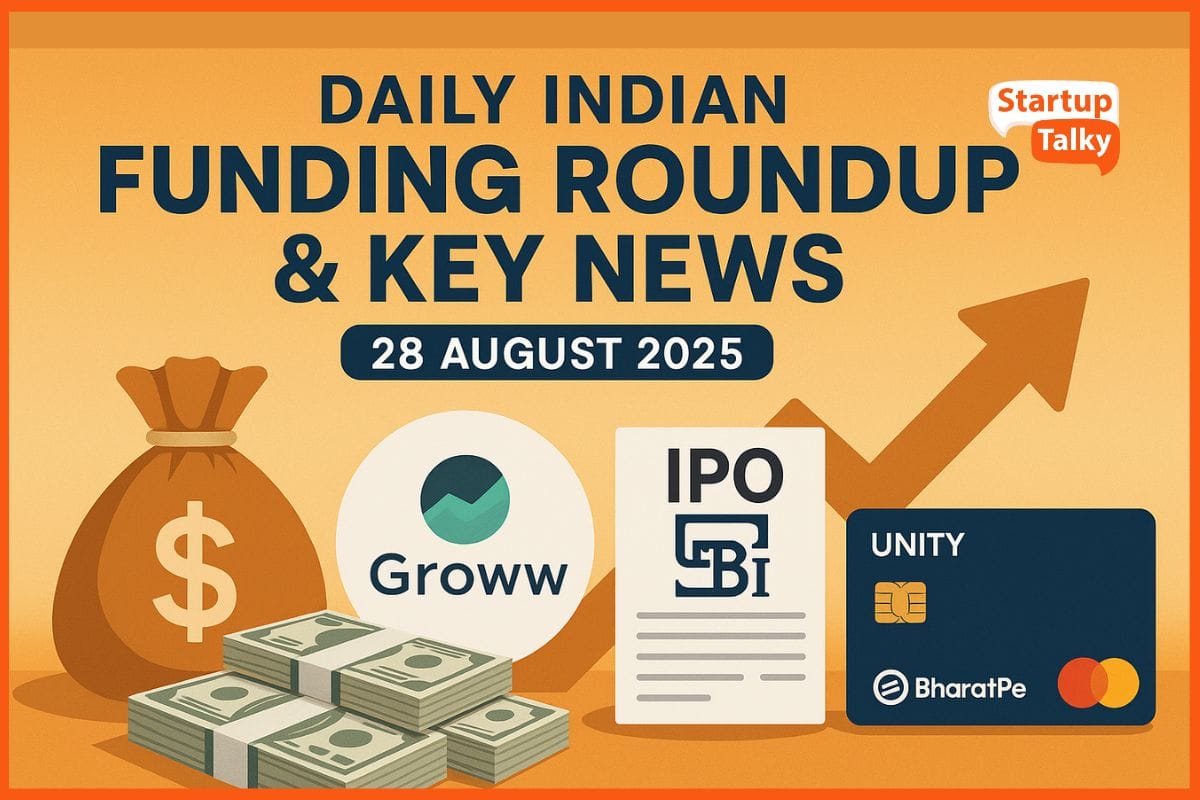The startup that created ChatGPT, OpenAI, is looking for regional partners to establish a data centre in India. According to Reuters, which cited Bloomberg News, it seeks to have a capacity of at least one gigawatt.
Microsoft Partnership & Stargate AI Infrastructure
With Microsoft’s support, OpenAI has established a local team and registered as a legal business in India. In August, the business announced its intention to grow into its second-largest user market by opening its first office in New Delhi later this year.
According to Bloomberg, the new data centre might be a big step for OpenAI’s Stargate-branded AI infrastructure in Asia. The India project’s precise site and schedule are yet unknown, though. Details might be disclosed by CEO Sam Altman when he travels to India in September.
Free ChatGPT Licenses for Teachers & Students
A significant project to give 500,000 free six-month ChatGPT licenses to Indian teachers and students was unveiled by OpenAI last week. The initiative will involve K–12 teachers, engineering and technical institutes, and government schools from Classes 1–12.
OpenAI Learning Accelerator Programme Explained
During a media conference, Leah Belsky, OpenAI’s vice-president of education, said the company thinks AI (artificial intelligence) has the potential to revolutionise student education. AI has the potential to be a learning agent and personal instructor for life. AI can help teachers focus more on the essential aspects of education by freeing up their time. The program, known as the OpenAI Learning Accelerator, is a first for India. Belsky stressed that the goal of OpenAI’s free licenses is not to generate revenue. “At this time, access and training are the main priorities,” she stated.
According to Belsky, the company’s overarching goal is to help a community of 500,000 users—with an emphasis on educators—learn how to utilise ChatGPT and then reproduce those lessons. In India, the Ministry of Education, the All India Council for Technical Education (AICTE), and educational institutions connected to the Association for Reinventing School Education (ARISE) will work together to distribute the ChatGPT licenses.
India as ChatGPT’s Second-Largest Market
After the US, ChatGPT’s second-largest user base is in India. Targeting the nearly one billion internet users in the most populous country in the world, the business this week introduced a more reasonably priced monthly plan at $4.60. Along with other premium paid subscriptions, it also provides a basic free plan.
According to OpenAI’s recently disclosed market data on 22 August, the country with the highest number of student users on ChatGPT is India, where the number of weekly active users has doubled in the last 12 months. In the last year alone, ChatGPT’s weekly active user base in India has grown by more than four times.
|
Quick |
|
•Data centre to power Stargate AI •CEO Sam Altman may announce details •500,000 free six-month ChatGPT •India is ChatGPT’s second-largest |

